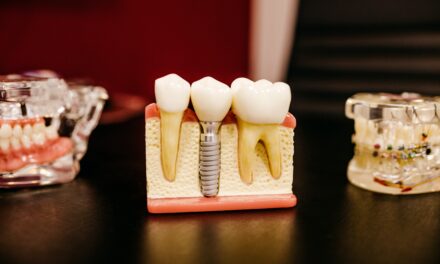The General Dental Council (GDC) has released its first comprehensive inferential analysis reports for dental care professionals (DCPs), offering valuable insights into working patterns across the UK dental sector. Based on responses from 43,692 professionals—58% of those on the DCP register—the analysis combines survey data with registration and aggregated fitness to practise (FtP) statistics.
This dataset marks the first time the GDC has linked working patterns with broader regulatory information, following enhancements to renewal questions for dentists and DCPs since late 2023. The findings cover employment status, hours worked, sector focus (NHS vs private), clinical versus non-clinical roles, and diversity characteristics. It also examines potential links between work patterns and FtP cases at the population level.
Executive Director of Strategy, Stefan Czerniawski, highlighted the strategic value of the data: “Our analyses of the working patterns data of almost 44,000 dental care professionals will support the sector in understanding its workforce better and improving access to services. We’re empowering the dental sector to make strategic decisions that will benefit both patients and professionals.”
Detailed role-specific findings include:
- Dental nurses made up the largest respondent group, with 99% working in the dental sector and 76% based in general practice. Among those aged under 30, 65% were working 30–40 hours per week. Nurses in non-clinical roles were less likely to deliver mixed NHS and private care.
- Dental hygienists showed a high rate of self-employment (73%) among those with a single employment status. Most worked in private settings and general dental practices, with regional differences observed.
- Dental therapists displayed significant dual-role working, with nearly 40% also practising as hygienists. Younger therapists were more likely to work in general dental practice, and those seeking employment had typically qualified more recently.
- Dental technicians were mostly employed or running businesses, with 79% working in laboratories. Gender differences were noted in workplace type, with females more likely to be found in hospitals.
- Clinical dental technicians had the highest rate of business ownership or partnership among respondents (64%), and most worked in one or two clinical settings.
- Orthodontic therapists reported high employment levels in specialist practices, with 87% working exclusively as orthodontic therapists.
The GDC intends for these findings to inform workforce planning, enhance public access to services, and support professional development strategies. The full reports are now available on the GDC’s website.
Disclaimer: The accuracy and information of news stories published on this website is accurate on the date of publishing. We endeavour to update stories if information change. You can contact us with change and update requests. Where possible, we will link to sources. Content on this website is for guidance purposes only. We cannot accept any responsibility or liability whatsoever for any action taken, or not taken. You should seek the appropriate legal advice having regard to your own particular circumstances.

Restoration Courses
Courses suitable for any health and social care practitioner who is considering making an application for restoration back onto the register.

Insight & Remediation
Courses that are suitable for any healthcare practitioner who is facing an investigation or hearing at work or before their regulatory body.

Probity, Ethics & Professionalism
Courses designed for those facing a complaint involving in part or in whole honesty, integrity and /or professionalism.







Recent Comments